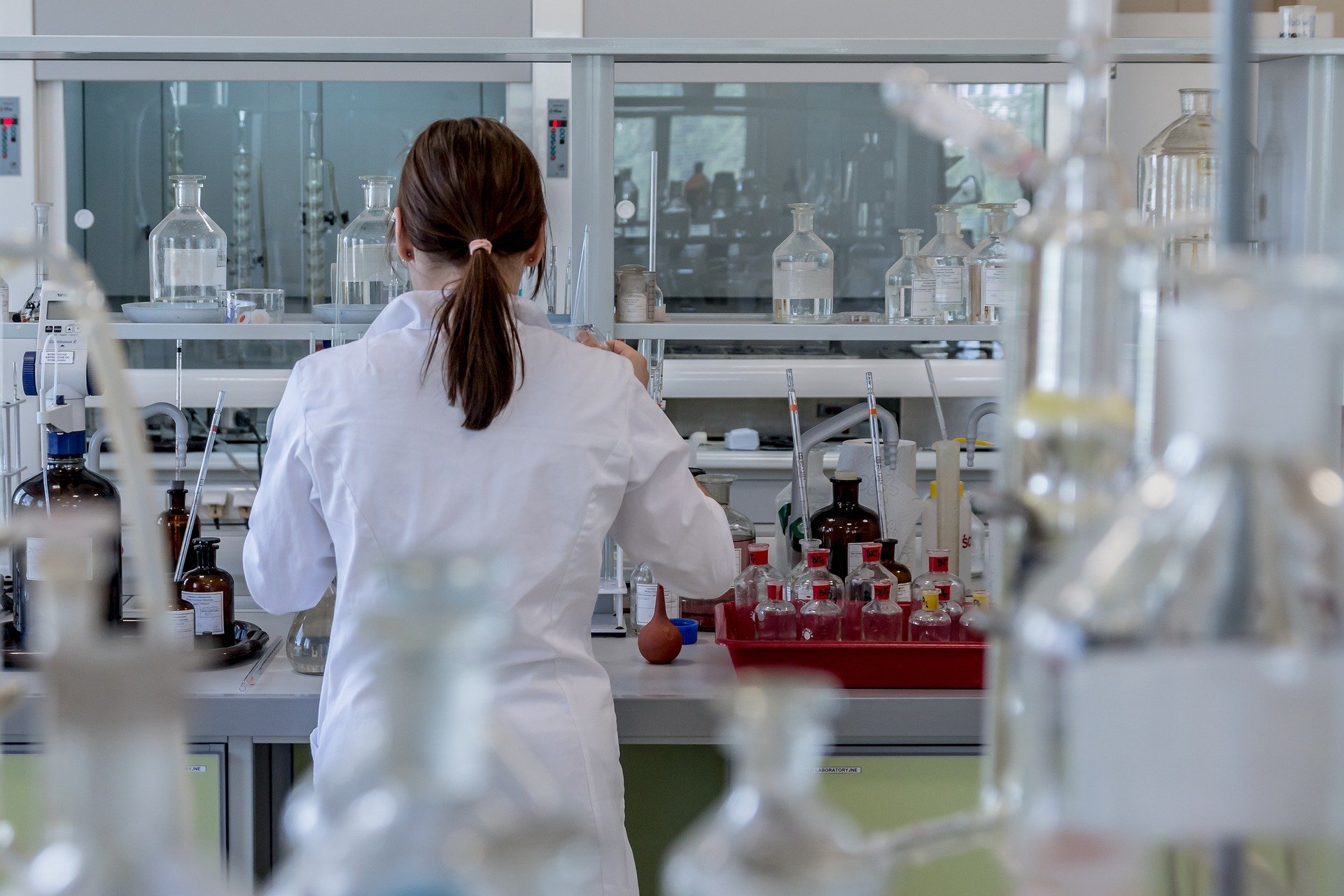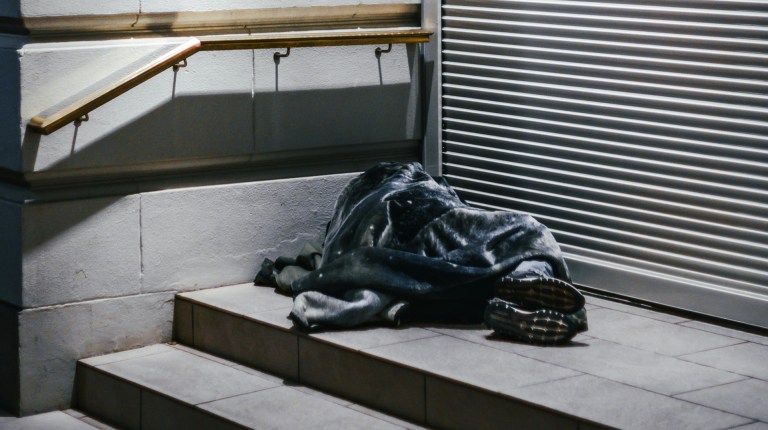Imperial College London scientists will ensure any Covid-19 vaccine is cheaper and easier to distribute by forming a social enterprise to sidestep massive pharmaceutical industry prices.
VacEquity Global Health (VGH) will work to “accelerate” distribution of a vaccine across the world, waiving royalties and charging modestly to make sure access to it is not limited to wealthy countries. The lab team believes the social enterprise model, meaning a for-profit business which reinvests earnings into the group’s mission, will mean those living in less well-off areas of the world won’t be left behind when a vaccine becomes available.
The Big Issue was launched as a social enterprise in 1991, using profits to support vendors and drive forward the fight to end homelessness for good.
VGH, also supported by investment firm Morningside Ventures, will launch phase one/two human trials next week with 300 people, with a further trial involving 6,000 people planned for October.
Vaccine Equity through Social Enterprise could provide a new model for access? https://t.co/MBWjbAMsFd
— Robin Shattock (@robin_shattock) June 7, 2020
Professor Robin Shattock, head of mucosal infection and immunity at Imperial College London and co-founder of both VGH, said: “We have spent an intense six months to fast-track our vaccine to the clinic, now we are ready to combat the virus through our clinical trials.









